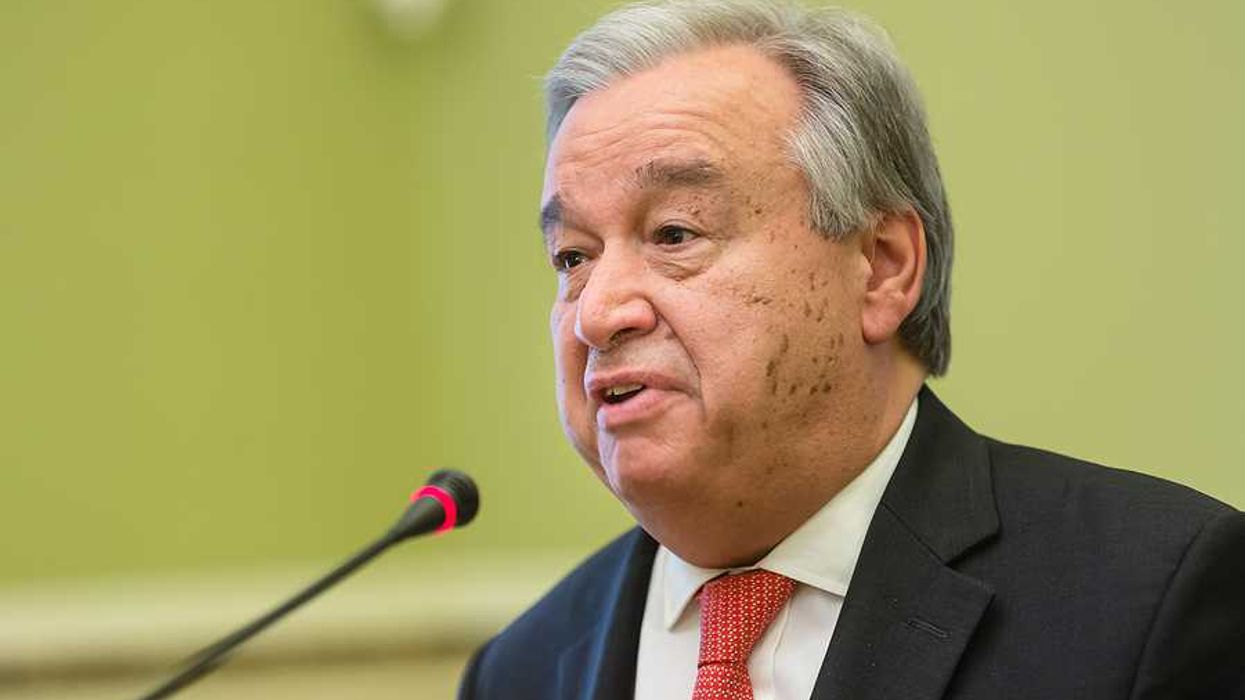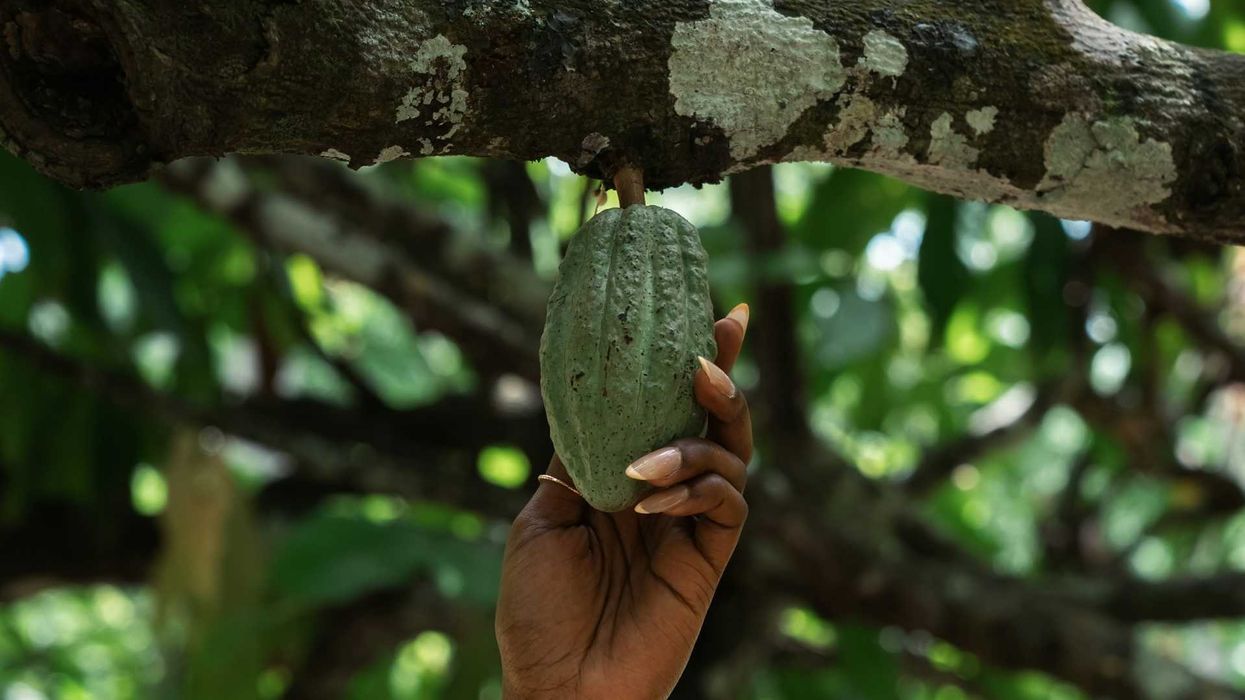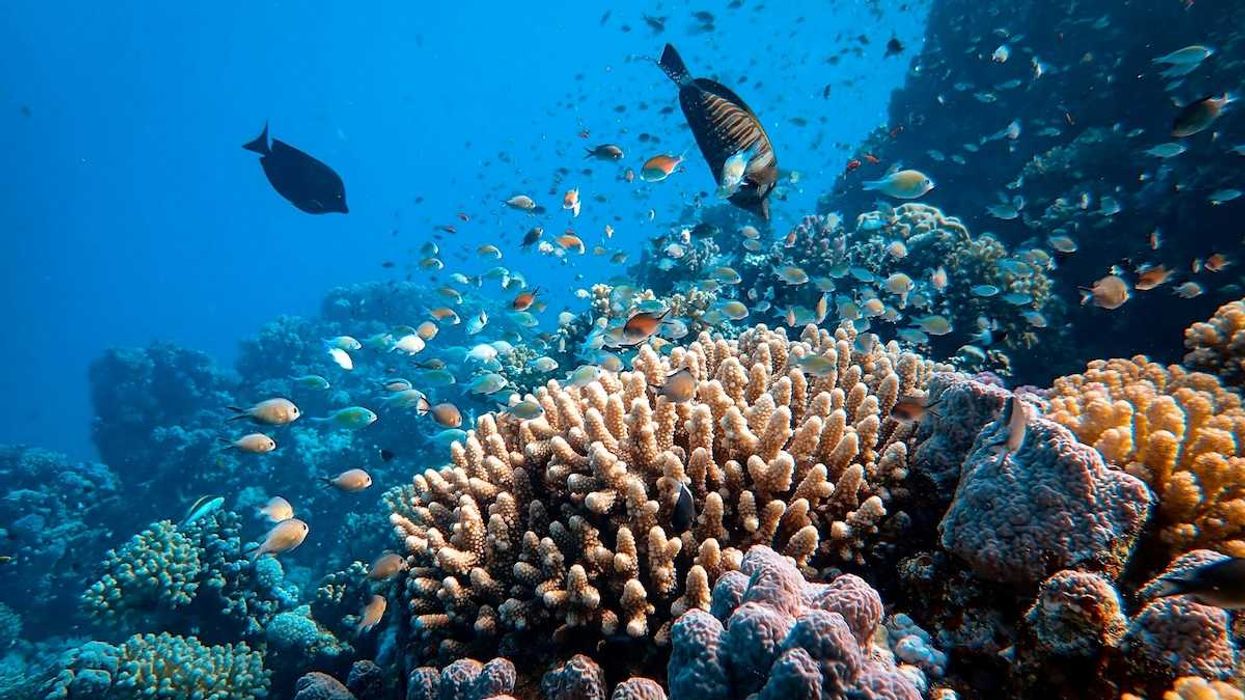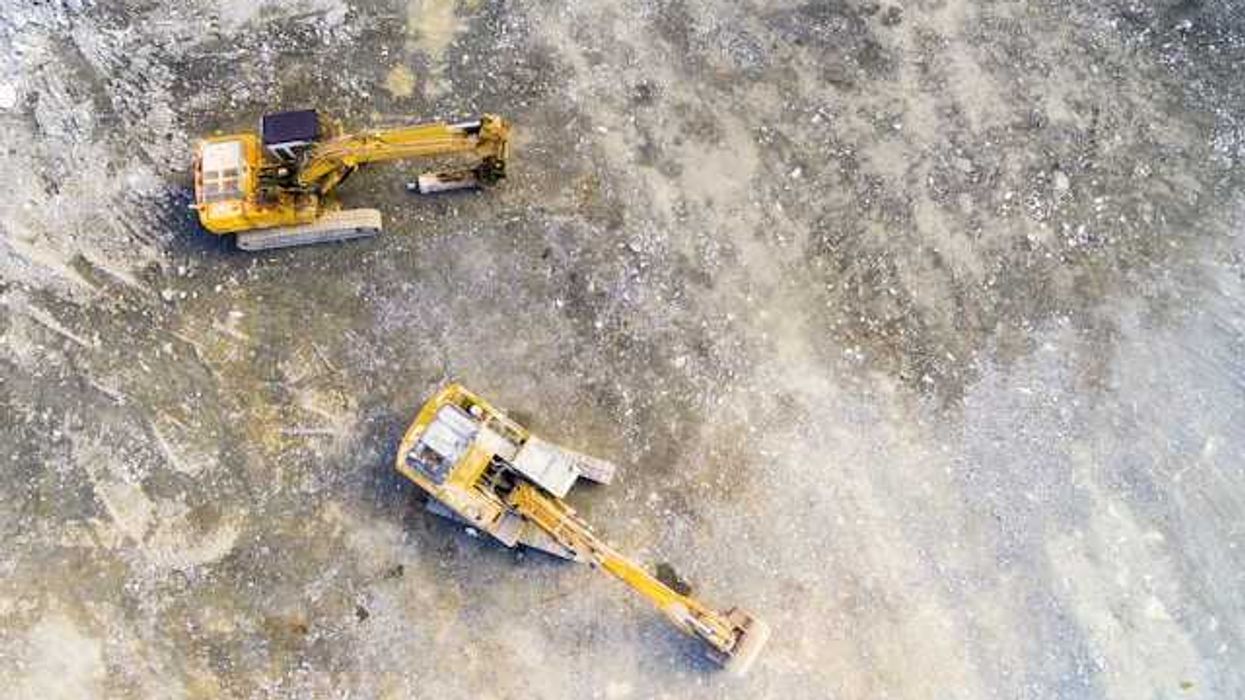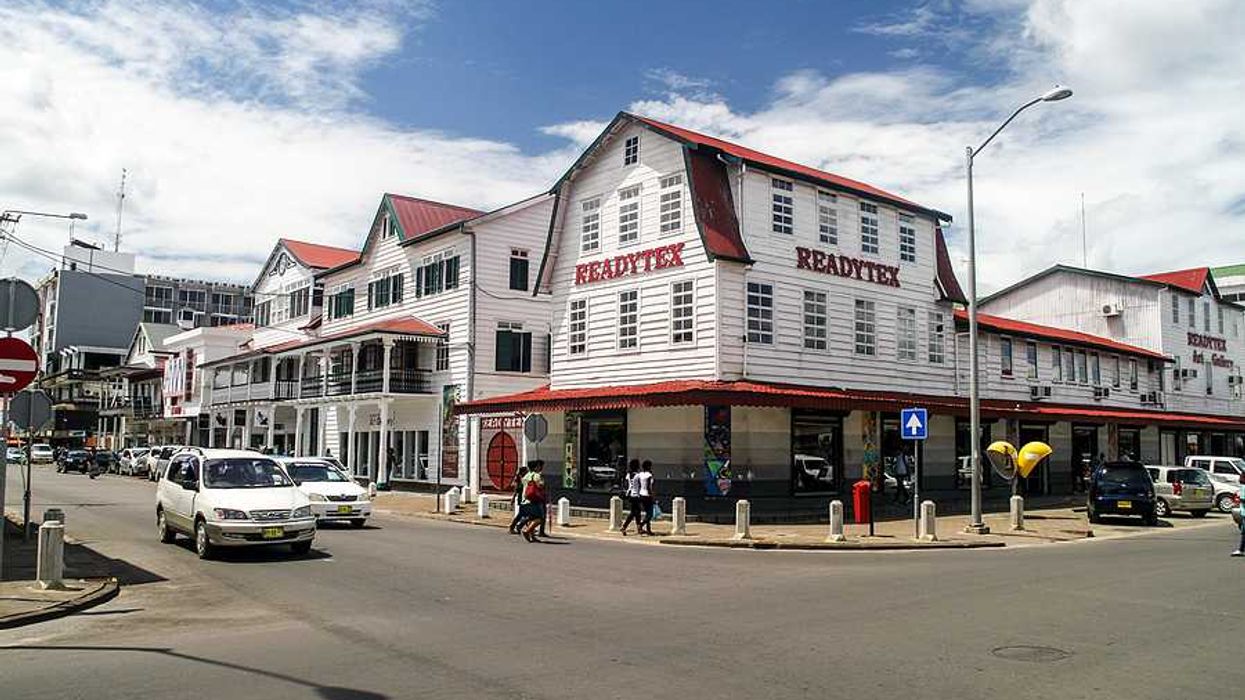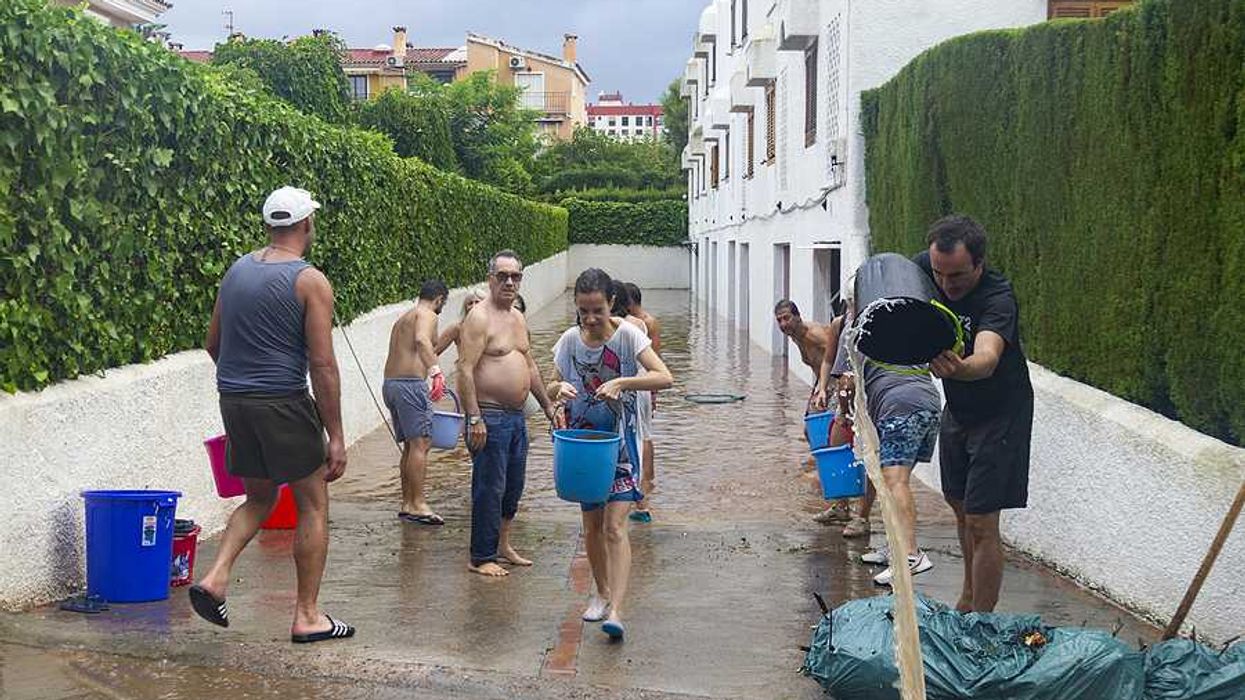A new analysis links the extreme dryness fueling this month’s Los Angeles wildfires to climate change, making such conditions 35% more likely and increasing fire-prone days in the region.
In short:
- Wildfires in Los Angeles have burned 50,000 acres, killed at least 28 people and destroyed 16,000 structures, with climate change increasing the likelihood of the extreme drought that fueled them.
- A study by World Weather Attribution found Southern California now has 23 more fire-prone days annually, with worsening "weather whiplash" alternating between wet growth seasons and prolonged drought.
- The Santa Ana winds, which helped spread the fires, are not caused by climate change. Human development in fire-prone areas and ignition sources like electrical lines also contribute to wildfire risk.
Key quote:
“Drought conditions are more frequently pushing into winter, increasing the chance a fire will break out during strong Santa Ana winds that can turn small ignitions into deadly infernos.”
— Clair Barnes, researcher at World Weather Attribution, Imperial College London Centre for Environmental Policy
Why this matters:
With climate change extending drought conditions, Los Angeles and other fire-prone areas face more frequent and severe wildfires. Communities rebuilding must adapt to a hotter, drier future, but fireproofing homes and infrastructure is costly. Without significant emissions cuts, fire risks will continue to grow.
Related:


